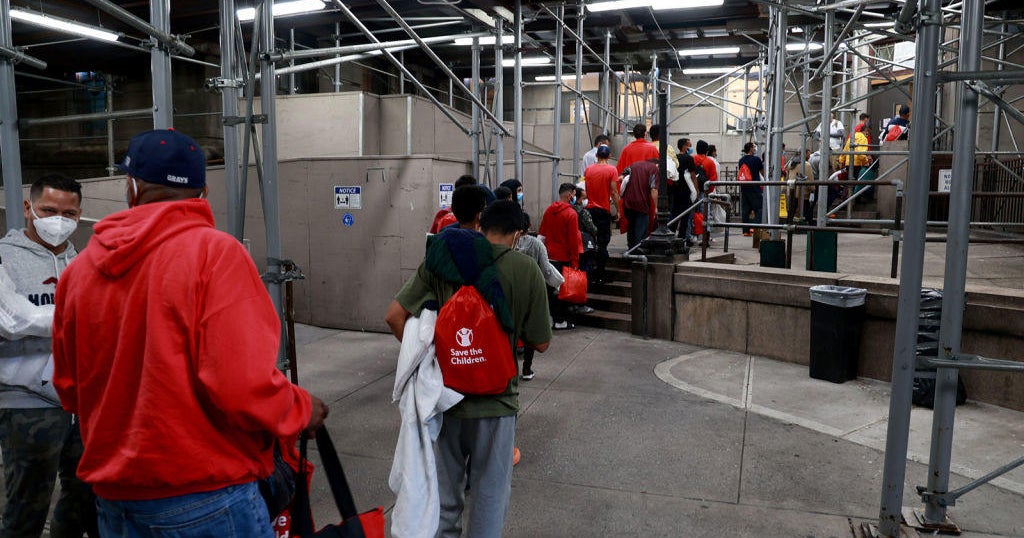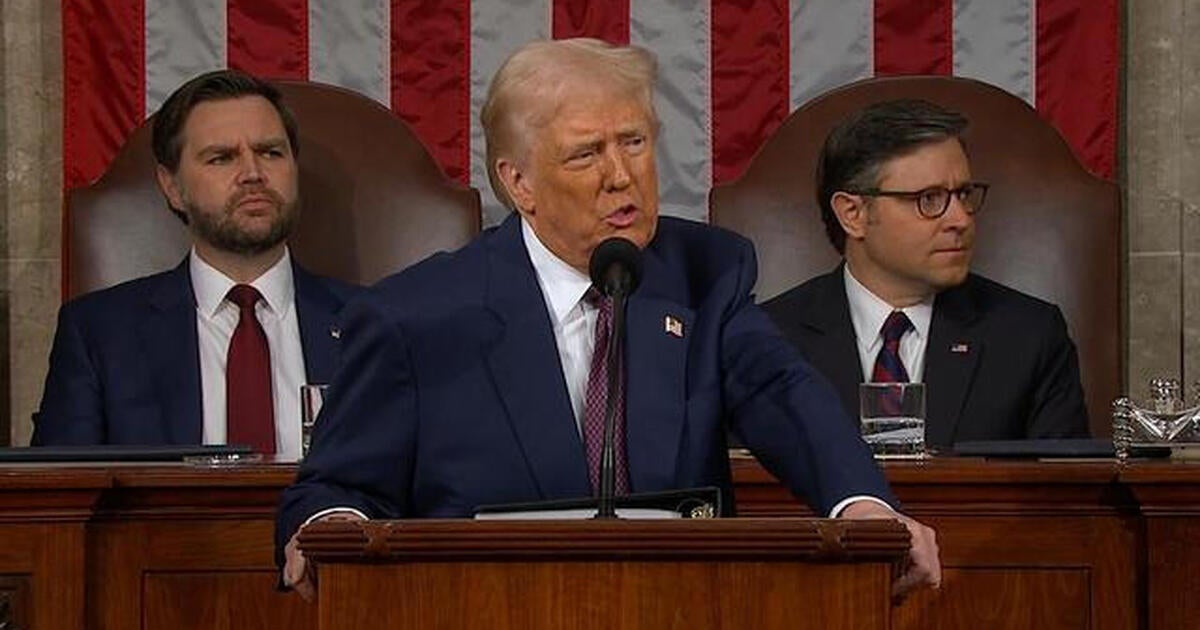A federal judge in California on Monday agreed to delay the Trump administration’s move to terminate the Temporary Protected Status (TPS) program that currently shields roughly 350,000 Venezuelan migrants from deportation.
Under a decision announced by Secretary of Homeland Security Kristi Noem in February, these migrants were slated to lose their government-issued work permits and deportation protections next week, on April 7.
But in a scathing decision on Monday, U.S. District Court Judge Edward Chen ruled in favor of TPS holders who filed a lawsuit against Noem’s decision and postponed her action until he adjudicates the merits of the case.
Chen called Noem’s decision “unprecedented,” noting that the U.S. government had never before abruptly terminated a TPS program without a significant wind-down period. He said the move appeared to be “predicated on negative stereotypes” about Venezuelans, citing references in Noem’s order about alleged gang members from Venezuela entering the U.S. and Venezuelan migrants straining resources in American communities.
“(T)he Court finds that the Secretary’s action threatens to: inflict irreparable harm on hundreds of thousands of persons whose lives, families, and livelihoods will be severely disrupted, cost the United States billions in economic activity, and injure public health and safety in communities throughout the United States,” Chen wrote in his ruling.
The plaintiffs, Chen continued, are likely going to prevail in arguing that Noem’s actions “are unauthorized by law, arbitrary and capricious, and motivated by unconstitutional animus.”
CBS News has reached out to representatives for the Department of Homeland Security for comment on Monday’s court order.
Advocates for migrants praised the ruling, saying it would curb the Trump administration’s plan to carry out the largest deportation campaign in American history.
“The Court’s decision provides a crucial protection against mass deportations for a population that this administration has singled out for extreme vilification,” said Ahilan Arulanantham, the co-director of the Center for Immigration Law and Policy at UCLA School of Law and one of the lawyers in the case being heard by Chen.
Created by Congress in 1990, TPS allows the U.S. government to grant temporary immigration protections to migrants from nations beset by war, environmental disasters or other crises that make it dangerous to send deportees there. While it does not place beneficiaries on a path to permanent legal residency, TPS allows them to apply for renewable work permits and deportation deferrals.
The Biden administration vastly increased the number of migrants eligible for TPS, creating or expanding programs for Afghanistan, Cameroon, Haiti, Ukraine, Venezuela and other countries. The Venezuela TPS program is the biggest of its kind, covering roughly 600,000 people through two separate designations in 2021 and 2023.
Republicans have long criticized TPS programs, arguing they are often extended improperly and that they reward illegal immigration since some of those eligible for the policy are in the country without proper documents. On the first day of his second term, President Trump ordered officials to review TPS programs to ensure they are “limited in scope.”
Less than two weeks after that order, Noem announced she was revoking the 2023 TPS designation for Venezuelans and undoing the Biden administration’s last-minute extension of the program. While Noem acknowledged in her decision that some conditions in Venezuela cited by the Biden administration persist, she determined it was “contrary to the national interest” to continue the TPS policy.
Venezuelans enrolled in TPS through the 2021 designation are slated to keep their status through at least September.
When it first offered Venezuelans TPS in 2021, the Biden administration cited the political and economic turmoil in Venezuela under the regime of President Nicolas Maduro. Over the past years, nearly 8 million people have left Venezuela, settling in neighboring South American countries, the U.S. and other nations as part of the largest exodus ever recorded in the Western Hemisphere.
Noem has also announced plans to start phasing out the TPS program for hundreds of thousands of Haitians, as early as this summer. Advocates have asked Chen to intervene and rule against that move, but the judge has yet to rule on that request.




